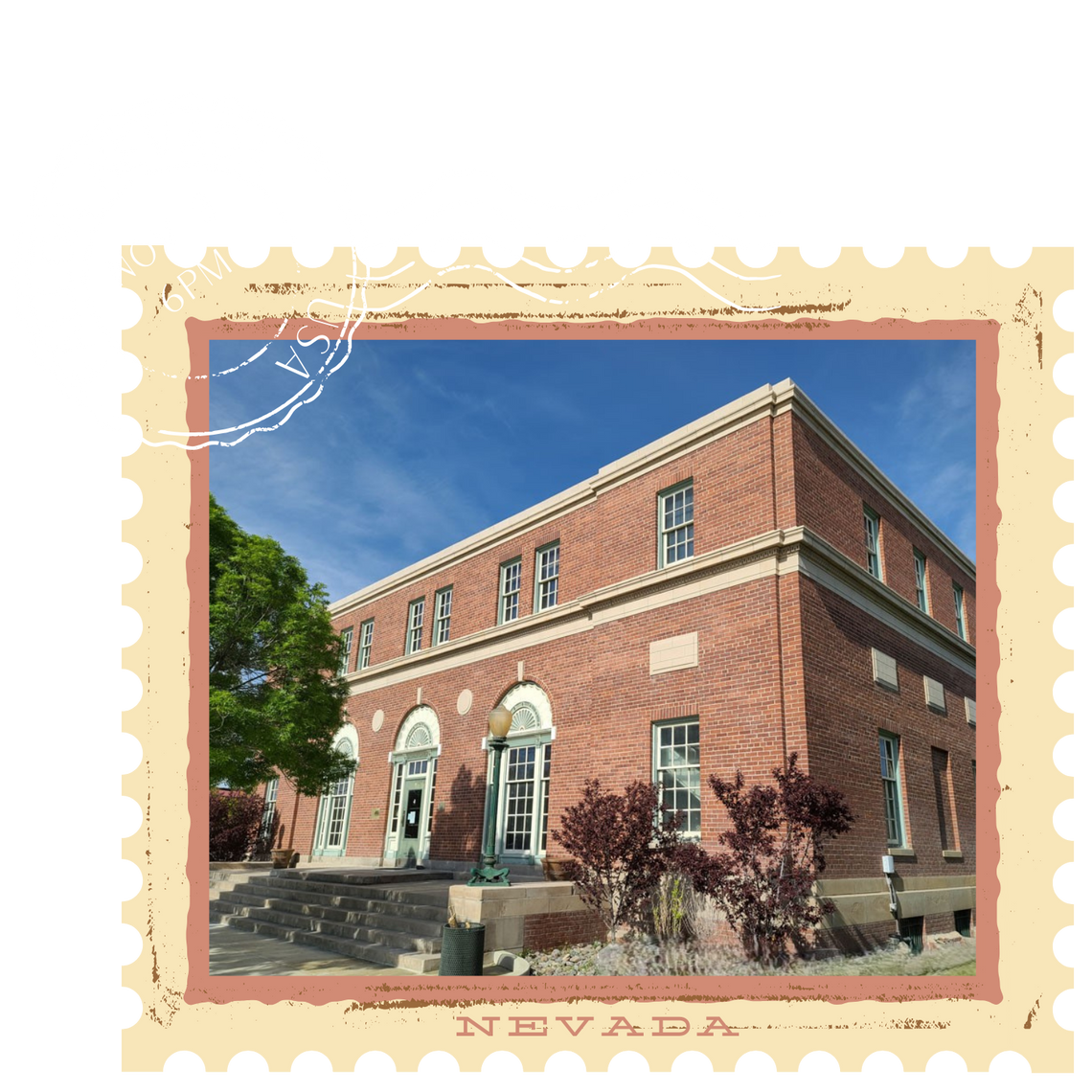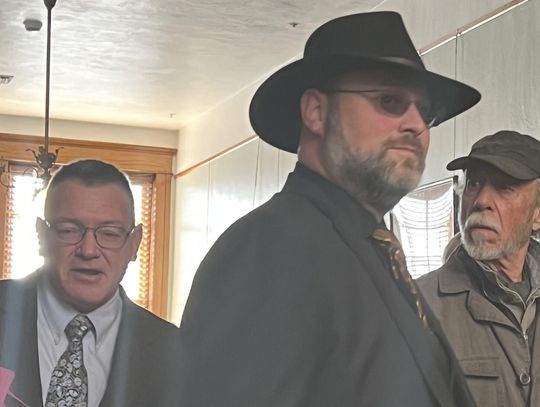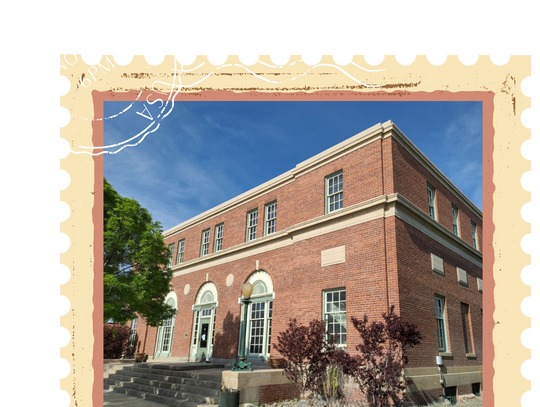This week, I became interested in Harold Rogers’ Oral History, held in the archives of the Churchill County Museum. Rogers was born in San Francisco in 1916 and was adopted shortly thereafter by William and Nora Rogers, living in Churchill County. His father died in 1922, leaving Nora to raise Harold with few monetary resources. His oral history reveals the hardships of his early life, but what also comes through is a resourcefulness and optimism that carried him through the rough times until he found employment with the local telephone company and eventually advanced to the position of manager. The entire interview is fascinating, but his description of driving a school bus as a student driver gives us a glimpse into depression-era struggles typical of so many who lived here at that time.
ROGERS: Well, my bus for three years was a 1928 six-cylinder Chevrolet. It was one of the first six-cylinder Chevrolets that was out. Then in the fourth year…I inherited old bus number four, a 1926 Chevrolet, a four-cylinder and that particular winter 1936-1937 was a bad one. We had cold and snow and again these old buses had no anti-freeze. You had to drain it every night in the winter time. Drain it out, heat some water on your stove, again it was a wood and coal stove. You had the chores to do, like getting the kindling in and wood and so on. But in the morning you had to warm the water and pour it very gingerly into the engine and warm up the motor. I kept it at the home, not like they do today. I think they bring them clear back to town.
…My route was from home [3500 St. Clair] out to St. Clair Road. I went west on St. Clair Road to what is now Lima Lane, then I went south to Schindler Lane. I picked up a number of the Casey family children there and for a short period of time I went out into what is now known as Solias Road and picked up this one girl, Emma Hall was her name, lived--oh, must have been another couple of miles, it was just through the boonies. There was no road just a trail, past the old Lou Schaeffer place on south another mile to this little cabin and pick up this girl and then bring her back into the Schindler Road and then north to pick up all the Lima children and then to the corner of Sheckler Road and Lima Lane and I picked up the four Imus boys.
…Getting back to interesting things, when I obtained this job as a school bus driver I didn't know how to drive a stick shift automobile. All I knew how to drive was a Model T where you pushed on the pedals and so on. Luckily I had a neighbor down the street, to the south of us, named James McGoldrick and his family. James had an old 1930 Model A. He took me out on the country roads and was teaching me how to shift gears or use a clutch and press on the accelerator and all that. I ground those gears down, I'm telling you--it ground, and banged and he'd cuss and scream at me and finally it sunk in what I was to do.
…the last year that I drove they permitted you to have a conductor to keep discipline on the bus, which is kind of a farce but, the kids that were on the bus that I drove were all a good bunch of kids. There were no rowdies in the group but this conductor was a girl, Tom Pflum's sister, Edna and she received the fabulous sum of four dollars a month to perform her duties. When I first started to drive bus, let's see the first two years I received sixteen dollars a month, the third year I received nineteen dollars a month and the last year it was twenty dollars a month. … In those times, a dollar went quite a ways and it sure helped us on our meager income on the ranch there, because it was a struggle, it really was, taking care of the chickens and the pigs. You'd have to get up in the morning and take care of the stock and get the bus ready to go and then change clothes, make your route, then go to school, then walk across town to the bus sheds.
Rogers was asked whether he ever attended high school dances. “No,” he said. “I never did go.”
Rogers’ oral history was recorded in 1992 and is available online at the Churchill County Museum’s website. Please send your stories or ideas for stories to [email protected].
Michon Mackedon is a native of Fallon and a retired professor of English and Humanities (WNC). She loves her family, her home, her dog, reading, writing, making good food, and sipping a glass of fine white wine. Beyond that, she refuses to be categorized









































Comment
Comments